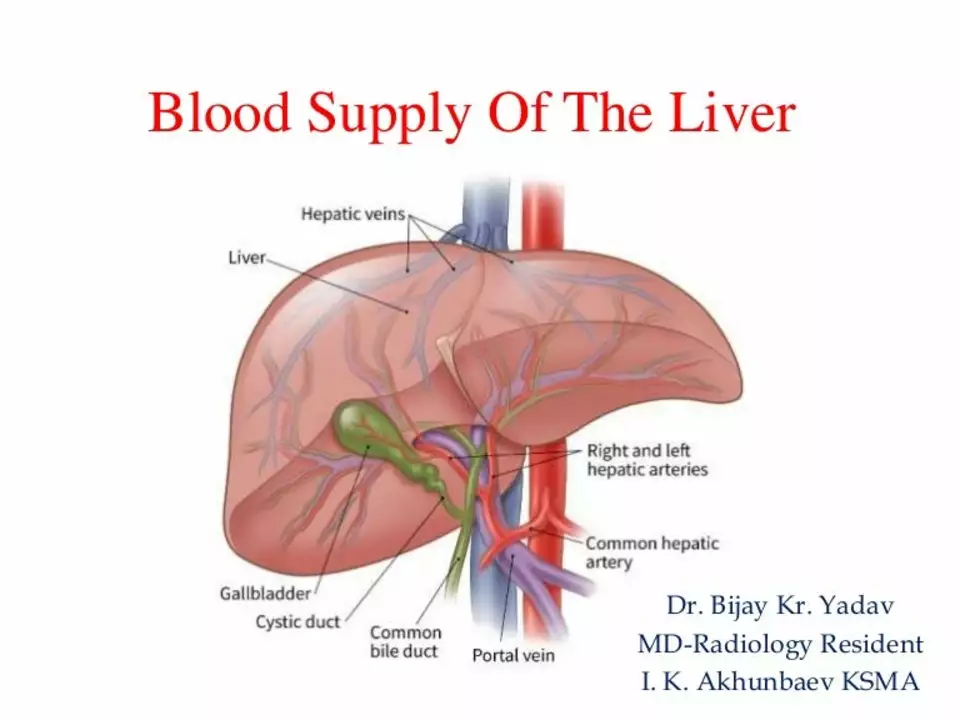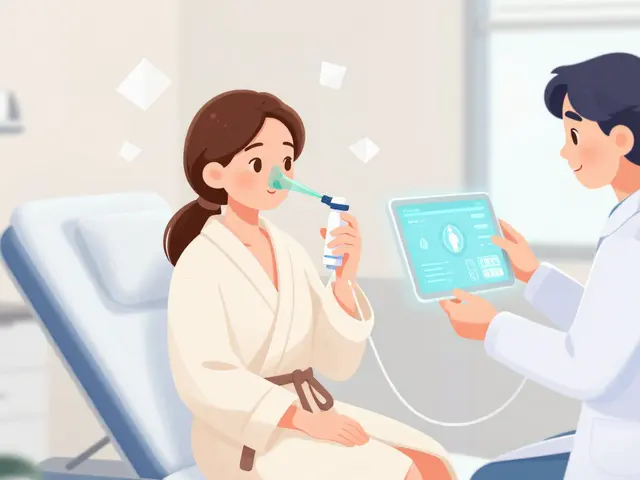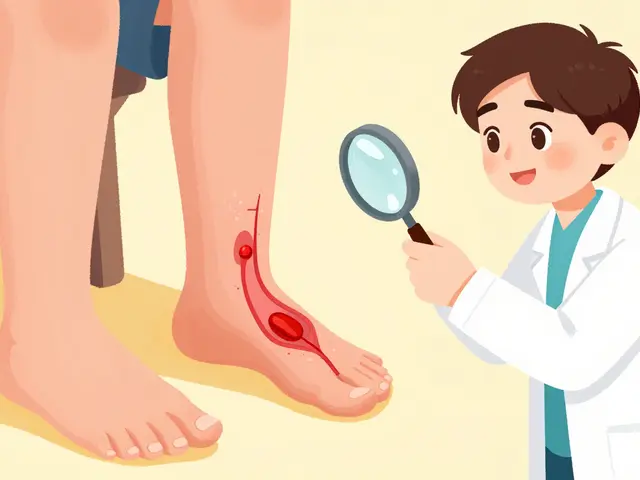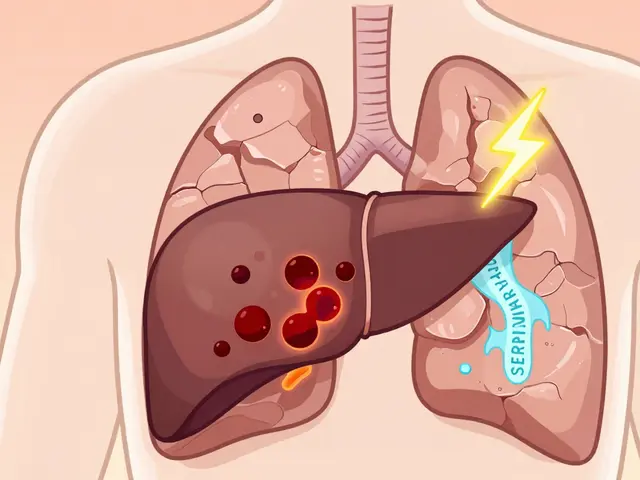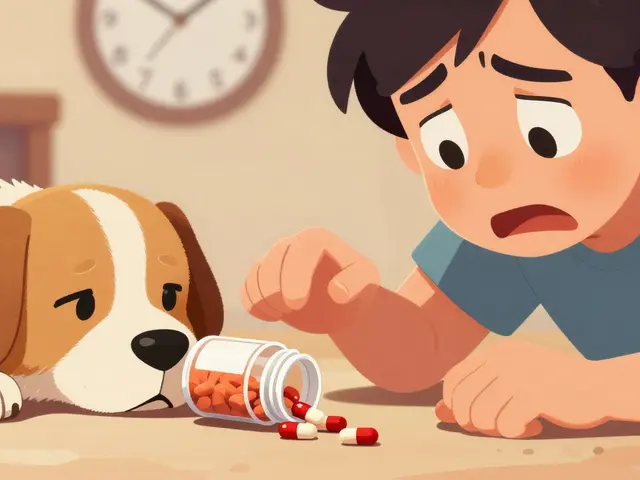Hepatic toxicity: How to spot risks from drugs and supplements
Hepatic toxicity means a drug or supplement is damaging your liver. It can show up slowly or suddenly. You don’t need to become an expert, but knowing the main warning signs, which products are higher risk, and simple safety steps can protect you.
Common medicines and supplements that can hurt the liver
Some drugs on this site are known for possible liver effects. Statins like Lipitor (atorvastatin) can raise liver enzymes in a few people. Anabolic steroids and certain performance enhancers can cause serious liver injury, even when bought online. Antifungals such as fluconazole may affect liver function in rare cases. Herbal or “natural” products—black seed supplements, concentrated extracts, and some weight‑loss or bodybuilding blends—can also trigger liver problems because they aren’t always tested or labelled correctly. Even over‑the‑counter meds like high-dose acetaminophen are common causes of acute liver failure, so always check doses.
Drugs such as modafinil (Modaheal/Provigil) and some psychiatric medicines have been tied to rare cases of liver injury. That doesn’t mean everyone will have trouble, but it does mean you should be alert and talk to your prescriber if you have risk factors like viral hepatitis, heavy alcohol use, or previous liver issues.
Practical steps to protect your liver
Start by listing every medication and supplement you take and share that with your clinician. Ask whether the new drug has known liver risks and what monitoring is needed. Many clinicians order baseline liver blood tests (ALT, AST, bilirubin, alkaline phosphatase) and then repeat them if symptoms appear or at intervals your doctor recommends.
Watch for clear symptoms: yellowing of skin or eyes (jaundice), dark urine, very pale stools, belly pain on the right side, unexplained nausea, extreme tiredness, or persistent loss of appetite. If you see these, stop the product and get medical help fast—some liver injuries need emergency care.
If you buy meds online, pick pharmacies with clear contact details, a requirement for prescriptions, and good independent reviews. Avoid unlabeled pills, powders, or blends that don’t list full ingredients and doses. When in doubt, consult your pharmacist or clinician before starting anything new.
Lower daily risk by limiting alcohol, avoiding mixing multiple liver‑risky products, and keeping doses within recommended ranges. If you have chronic liver disease, pregnancy, or regular alcohol use, be extra cautious—some drugs are unsafe in these situations.
Hepatic toxicity can be serious, but most cases are preventable with a quick checklist: know your medicines, watch for symptoms, get baseline tests if advised, and buy from reputable sources. Ask questions, push for clarity, and never assume "natural" equals safe—your liver will thank you.
Melphalan and the Liver: Understanding Hepatic Toxicity and Management Strategies
In my recent research, I delved into the effects of Melphalan on the liver, specifically focusing on hepatic toxicity and management strategies. I found that Melphalan, a chemotherapy drug, can cause liver damage in some patients, which is a concerning side effect. However, there are ways to manage and minimize these risks, including monitoring liver function tests and adjusting dosages. Additionally, some studies suggest that using other medications alongside Melphalan may help protect the liver. Overall, it's essential for healthcare providers and patients to be aware of these risks and management strategies to ensure the safe use of Melphalan.
Read More